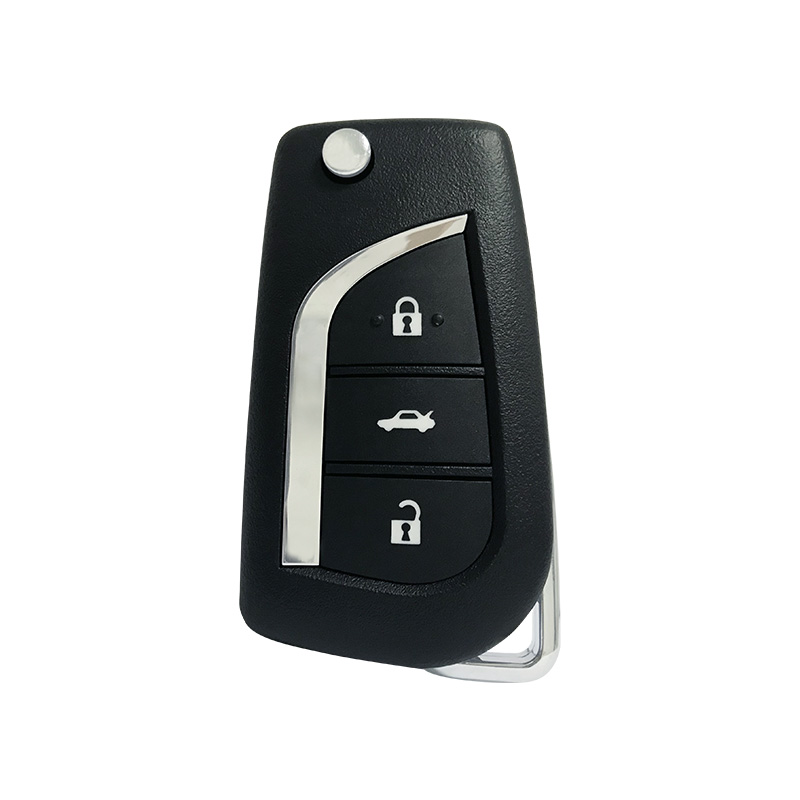Car keys are an essential component of modern vehicles, serving not only as a means to unlock and start the car but also as a security measure to protect against unauthorized access. The selection of materials used in the production of car keys is crucial in ensuring both durability and security. Let's explore the types of materials commonly used and how they are chosen.

One of the most common materials used in car keys is metal. Metals like brass, steel, and nickel silver are preferred due to their strength and durability. These metals can withstand repeated use and exposure to various environmental conditions, ensuring that the key retains its shape and functionality over time. Additionally, metal keys are less likely to break or deform, providing a secure means of access to the vehicle.
Another material commonly used in car keys is plastic. Plastic keys are typically made from durable polymers that offer good resistance to wear and tear. They are lighter in weight compared to metal keys, making them more convenient to carry. Plastic keys can also be easily customized with different colors and shapes, providing a personalized touch to the vehicle. However, it's worth noting that plastic keys may not offer the same level of security as metal keys due to their susceptibility to tampering and replication.
In recent years, there has been a growing trend towards the use of smart keys or electronic key fobs. These keys incorporate advanced technology such as radio frequency identification (RFID) or near-field communication (NFC) to allow wireless communication with the vehicle. The materials used in these smart keys may vary, but they often include plastic casings and electronic components. The selection of these materials is based on their compatibility with the technology used and their ability to withstand the rigors of daily use.
When selecting materials for car keys, manufacturers consider factors such as durability, resistance to corrosion, and cost. Metals like brass and steel offer excellent durability and corrosion resistance, making them suitable for use in both traditional and smart keys. Plastics, on the other hand, may be chosen for their lighter weight and customizability, especially in cases where aesthetics are a consideration.
Security is another crucial aspect in the selection of materials for car keys. Manufacturers strive to use materials that are difficult to duplicate or tamper with, thereby enhancing the security of the vehicle. This may involve the use of specialized alloys or coatings that make it more difficult for unauthorized individuals to replicate the key.
In conclusion, the selection of materials for car keys is a balance between durability, cost, and security. Metals like brass and steel offer excellent durability and security, while plastics provide a lightweight and customizable option. Smart keys, with their advanced technology, require materials that are compatible with the technology used and able to withstand daily use. Manufacturers carefully consider these factors to ensure that car keys are both functional and secure.

 Englishen
Englishen











 No.991 Xingxiu Road,Taiwanese Investment Zone, Quanzhou, Fujian Province,P.R.China
No.991 Xingxiu Road,Taiwanese Investment Zone, Quanzhou, Fujian Province,P.R.China +86 13960286508
+86 13960286508
 3D Reality Showroom
3D Reality Showroom
